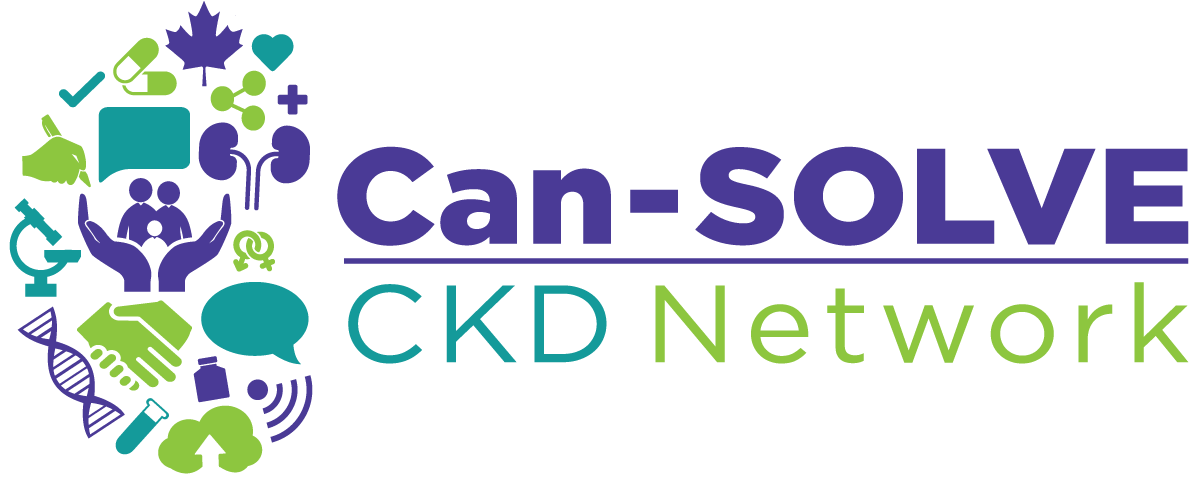Project Overview
Type 2 diabetes (T2D) is affecting an increasing number of children around the world, and particularly Indigenous children in Canada. Many youth with T2D are at risk of developing kidney disease, with the potential of experiencing kidney failure later in life. Importantly, it’s possible to slow progression of kidney disease with early identification and treatment.
In striving to address this issue, the iCARE research team created the iCARE estimated glomerular filtration rate (eGFR), which is a reliable tool to estimate kidney function specifically in youth with T2D. The iCARE eGFR will allow care providers to more accurately monitor disease progression, and ultimately guide prevention and treatment strategies for youth living with T2D. The tool was developed specifically for Indigenous youth who experience some of the highest rates of T2D. In partnership with patients and their families the team will develop a strategy to implement the tool into diabetes care across the spectrum with messaging that is culturally appropriate for Indigenous peoples.
As a first step, the research team is partnering with research groups internationally to validate the tool in two additional populations of youth with T2D in the U.S. and Australia. They will then conduct surveys and focus groups with patients and providers to explore the best ways to implement the iCARE tool into clinical practice. As a result, more Indigenous youth will have access to reliable assessments that could lead to earlier interventions, better care, and ultimately better health outcomes.
Connect with us!
Subscribe to receive updates from the Can-SOLVE CKD Network. Learn more about what we do, why it matters, and how you can get involved!




